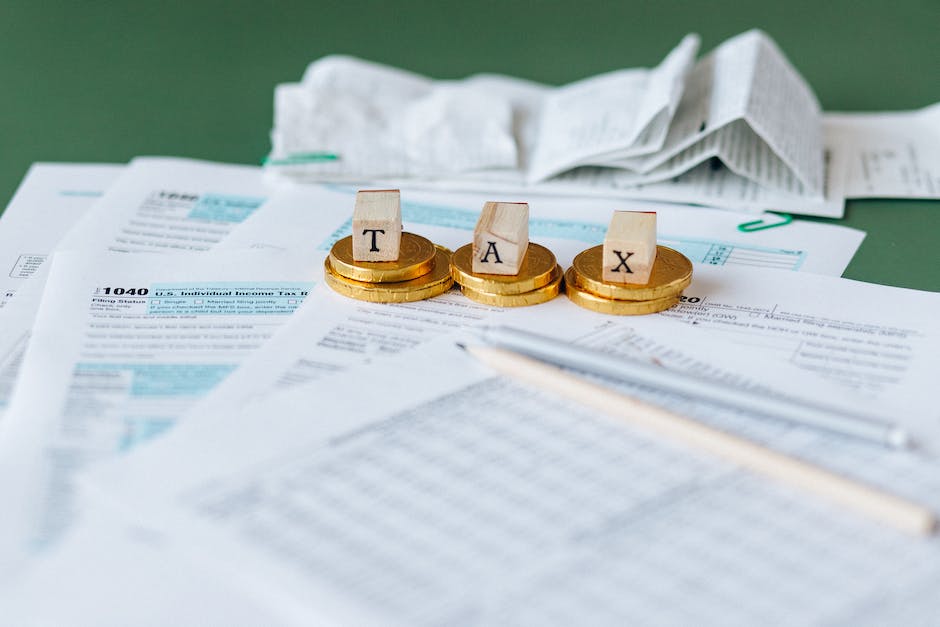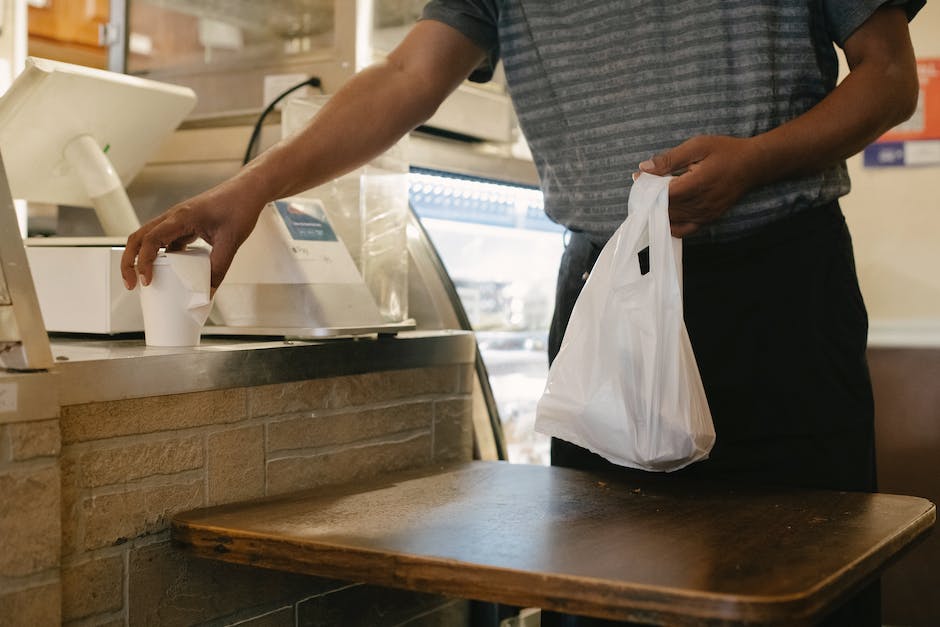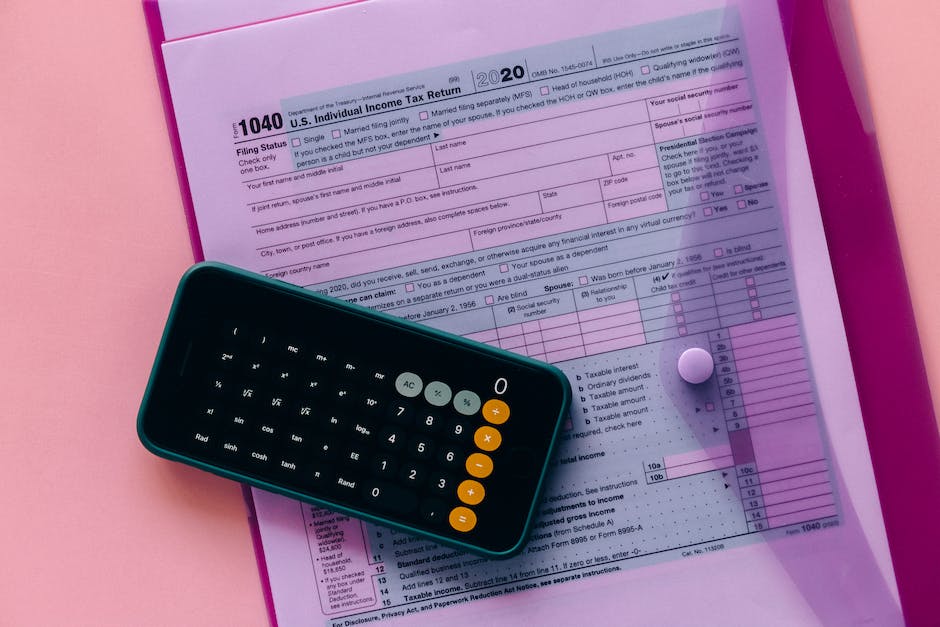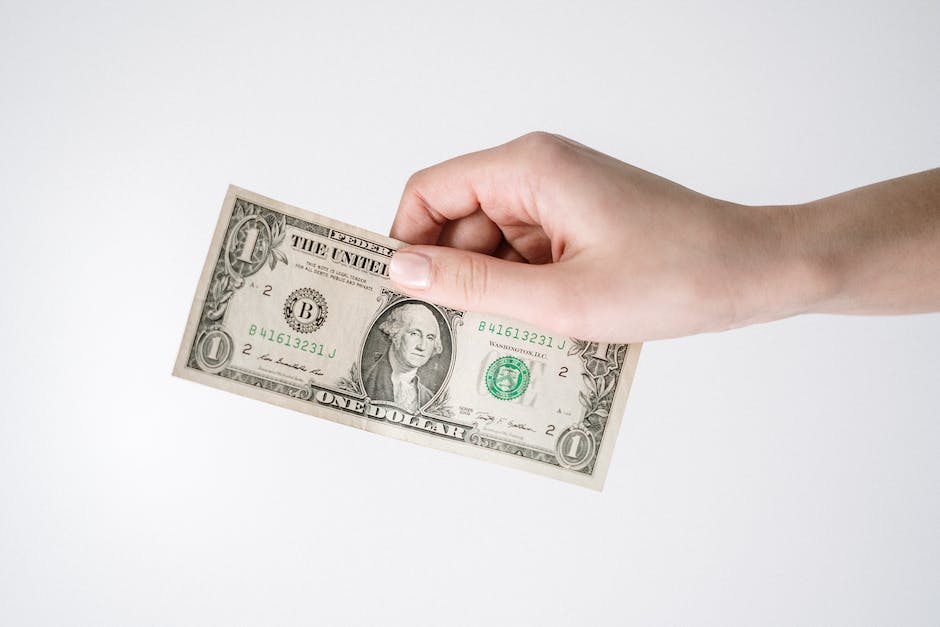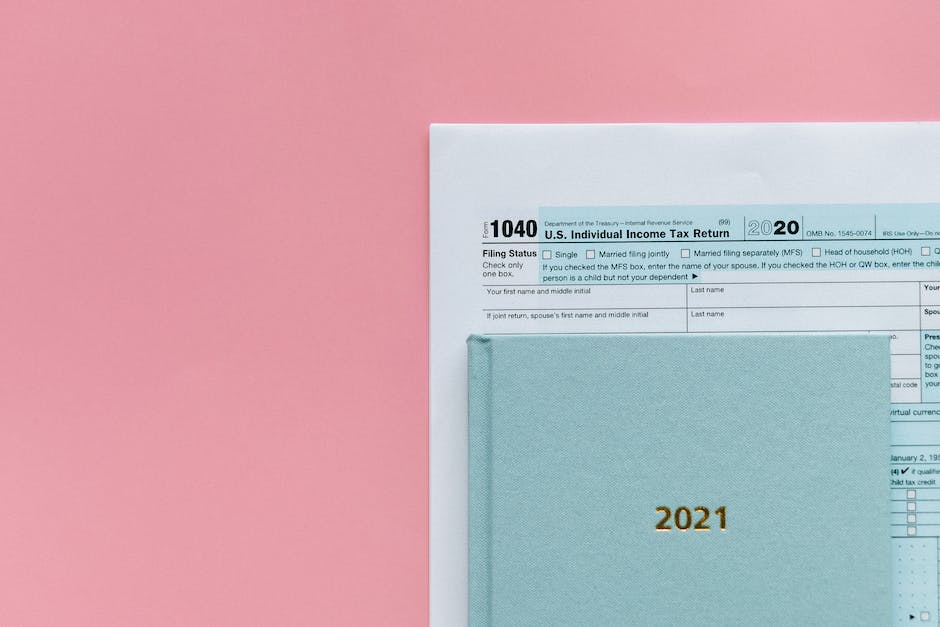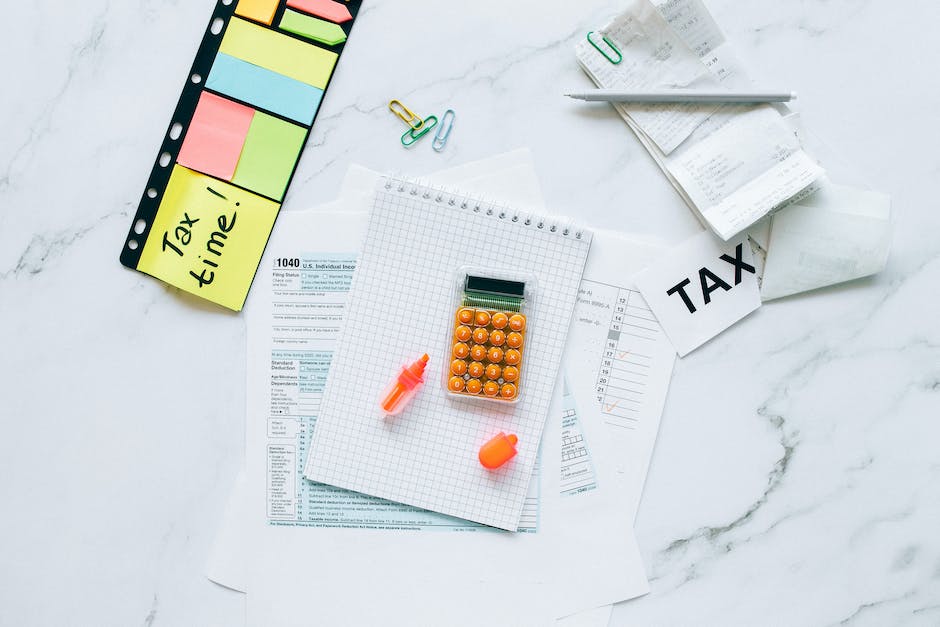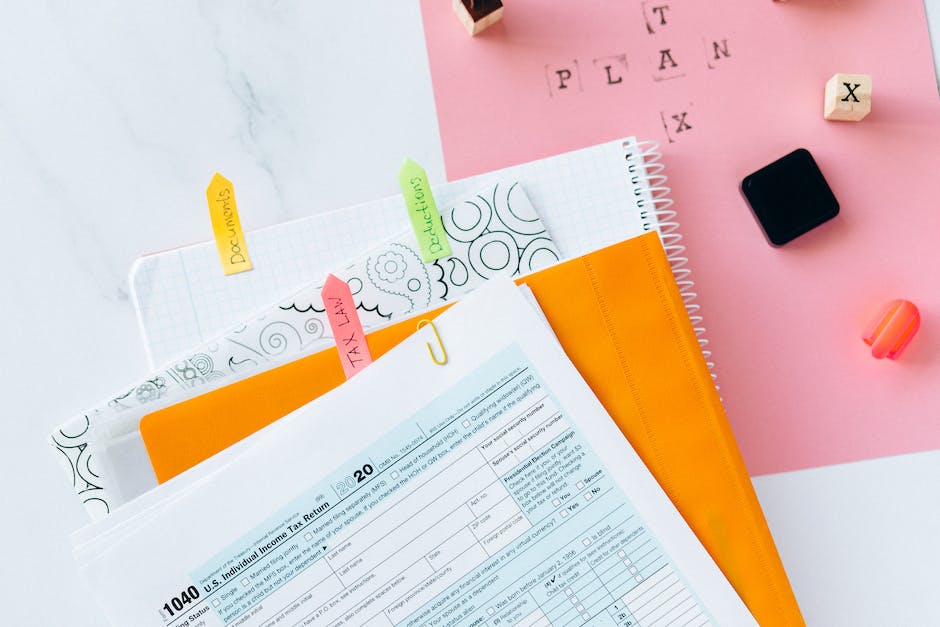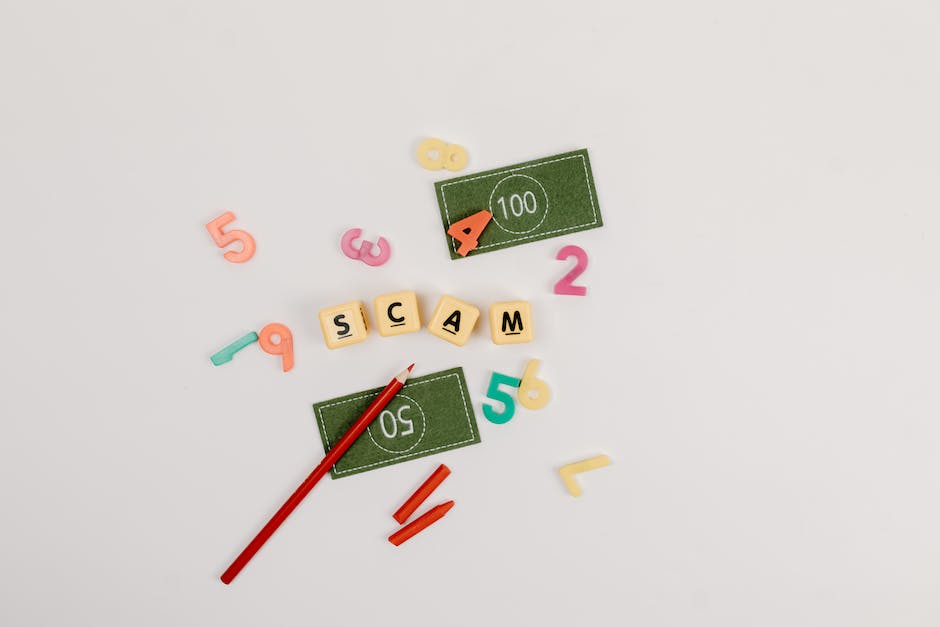Cannabis is a normal crop for both farmer and consumer in many countries. In fact, cannabis has been used as a medicine for centuries, and is still being used today in some countries.
In addition to its medicinal properties, cannabis has other beneficial compounds that can be consumed. For example, cannabidiol, a mostly non-psychoactive compound found in small amounts in modern cannabis, has been linked to benefits such as anti-inflammatory effects and potential neuroprotectors.
Because of its legality, buying cannabis is an expensive way to consume it. Due to its high price tag, only the highly committed or wealthy can enjoy cannabis. Luckily, there are ways to legalize and cheaply consume your marijuana! This article will go into detail about the costs and ways to lower them.
The tax breakdown
Under California law, all sales of cannabis are subject to a sales tax of 10% and aordonance fee of $0.40 per sale. Additionally, certain transactions involving cannabis are prohibited and thus do not receive a cash settlement but instead a tax-exclusive reimbursement.
These reimbursement transactions include: business registration fees, application fees for local government grants related to cannabis, and state licenses.
All other purchases do not receive a refund but must be paid in full by the purchaser at the time of purchase. These may include purchases made through websites or over the phone due to the fact that you do not need to have any money as security for your purchase.
Because cannabis is still federally classified as an illegal substance, it is no longer non-refundable via local governments. However, state-level legislation has been put into play which will allow some refunds on property taxes where sales exceed set thresholds.
The purpose of different taxes
When cannabis is taxed, it is at the state and local levels. State and local taxes are paid by users who purchase cannabis in addition to paying for the state-mandated tax rate.
State and local taxes are used to fund programs such as drug treatment centers, police departments, and public schools. Some of these funds have been merged into one agency, which is called a government entity. These government entities charge a license fee for the use of their facilities to house individuals who may be addicted to cannabis.
These government entities also charge a fee for each delivery of cannabis that is obtained through them. These delivery fees are used to cover operating costs such as staff salaries and technology needed to deliver the product.
Recreational vs medical cannabis
There are two main categories of cannabis: medicinal and recreational. While medical cannabis is common in California, most people do not realize that medical cannabis is available in the state as both a medicine and a supplement.
While recreational marijuana is widely understood and permitted, medicinal cannabis remains barred. This remains the case in California, as it does in most U.S. states.
To legally use medicinal cannabis, you must obtain a specialty license from the state Department of Food and Agriculture (DFA). You can also apply for a license if you own an dispensary, but then you are no longer allowed to operate your business as a separate entity from the DFA application process.
This entire area of law makes no sense to me, so I have become actively involved in trying to change it.
How can I pay my tax responsibility?
California has some unique restrictions on cannabis taxation. Most notably, recreational cannabis is not sold at a grocery store or large store. Rather, it is distributed by licensed dispensaries, which are regulated by the state and permitted to sell only their products.
Surprisingly, most people do not realize that going to a dispensary is actually cost-effective in terms of tax dollars. Because the average person does not know about visiting a dispensary, they are more likely to purchase something they feel is necessary as an answer to their medical condition.
As with all taxes, people who can afford it pay enough as is. The majority of people who need cannabis but do not have the funds to purchase it are forced into the hands of the illegal market. This causes significant waste as these people are often squeezed out due to taxes.
What are the limitations of cannabis taxation?
There are several limitations to the taxation of cannabis in California. One of the most notable is that sales are taxed at a lower rate than manufacturing and delivery operations.
Selling cannabis at a retail store or shop is subject to a sales tax of 10% and a excise tax of 25%. Those who sell must have state or federal licenses, have extensive capitalization and financial planning skills, and have adequate security measures in place to prevent theft.
Another limitation to taxation is that only businesses located within a certain radius from someone’s home or workplace may charge an admission fee for visitation. Admission fees can be cost-prohibitive for many first-time visitors.
Finally, only businesses with valid business licenses are able to apply for and receive a license. Licensees must adhere to all regulations, including those relating to employment status and product availability.
Is my marijuana tax money going where I think it is?
A lot of people don’t know what costs they are paying for when they buy marijuana at a dispensary. Many of these cost includes in the form of premiums or charges, none of which have been passed onto the buyer.
Many of these charges are: transdermal-based marketing materials, cards used to purchase marijuana, presale promotion codes, and charge for courier services.
On top of that, many dispensaries don’t inform their customers about state and federal laws that prohibit marijuana usage and sales, leaving people confused about where and how they can buy it.
Will taxation affect the price of cannabis?
Many people wonder if cannabis taxation will affect the price of the drug. Many people have been shocked to learn that the cost of illicit drugs has gone up over the past year due to state and federal taxes.
Many places have started offering discounted cannabis as a way to attract new customers. Because legal cannabis is more expensive than recreational marijuana, customers who use only legal cannabis can save money by not buying extra recreational marijuana.
Some experts believe that increased taxes may force some consumers to find an alternative drug that is cheaper than no drug at all.
How can I pay my tax responsibility?
As a first step towards understanding the costs of cannabis use, you should learn about the tax codes in California. There are two main tax codes for cannabis users in California: the Sales and Use Tax and the excise tax.
The sales and use tax applies to all retail purchases of recreational cannabis, whether from a store or online. The excise tax does not apply to retail purchases, only medical cannabis.
In general, the more expensive recreational cannabis is, the more money you will pay in sales and use taxes. Online purchases require you to provide your identity information, which may be expensive or difficult for some people. Most stores require you to visit them in person to complete your purchase.
If you need help figuring out which tax code applies to you, contact your local government agencies.

